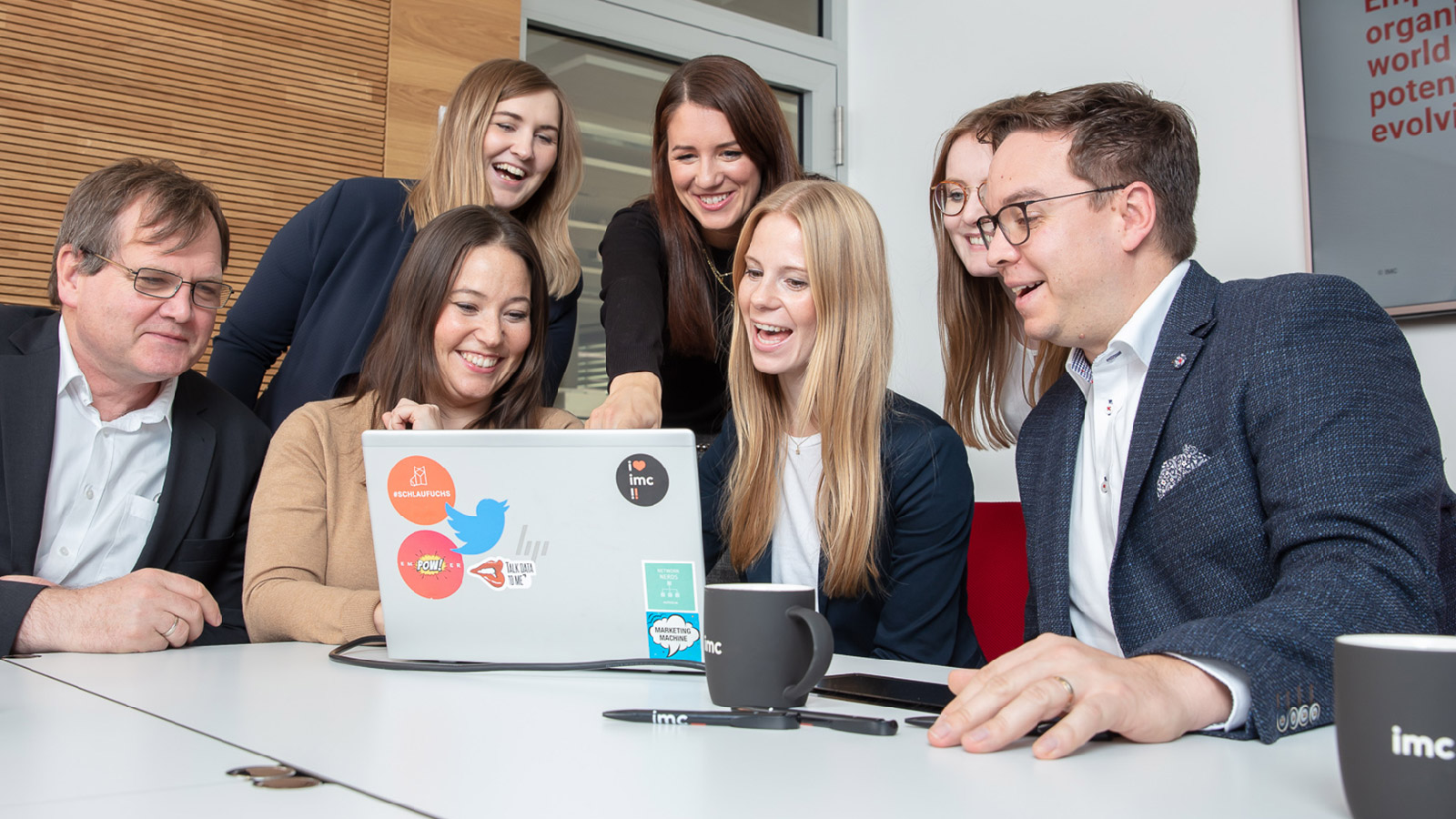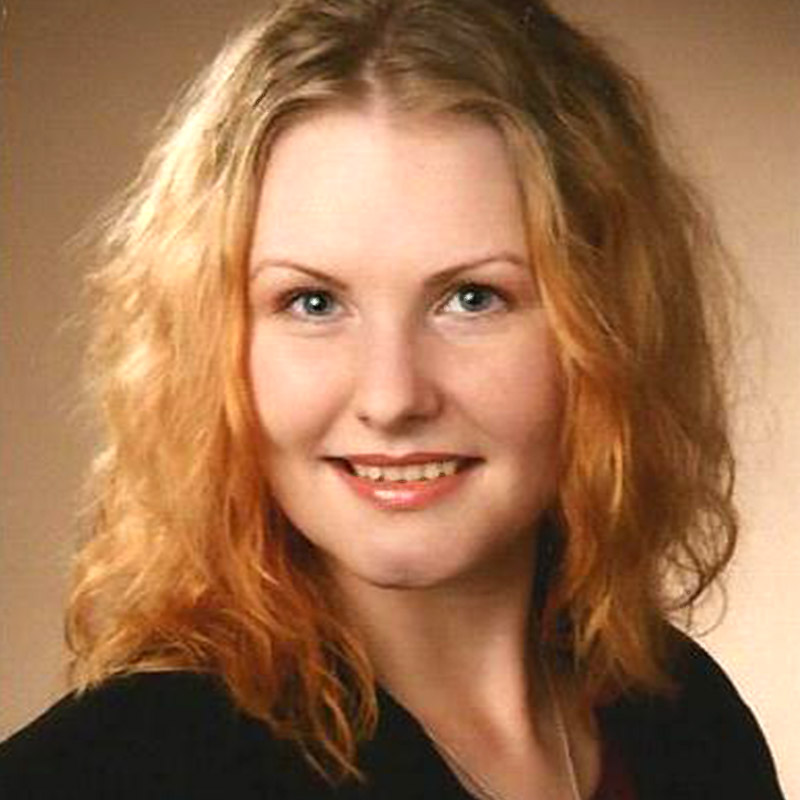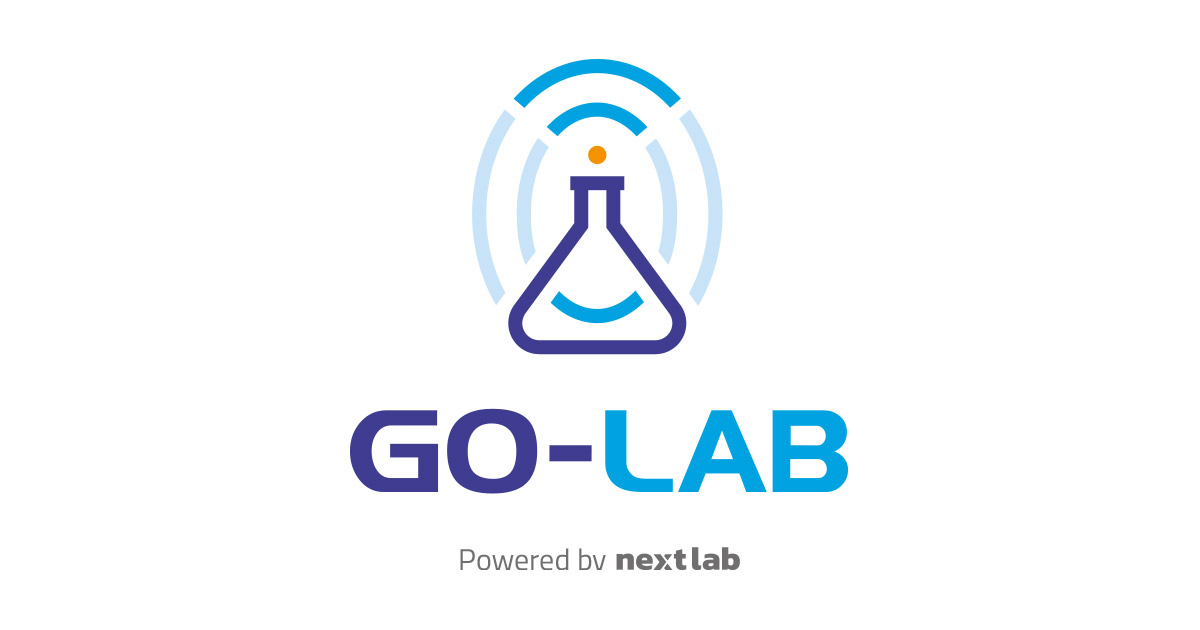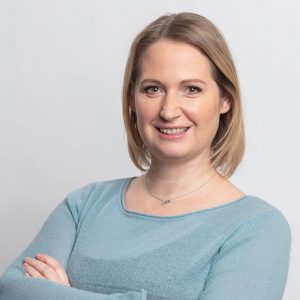
Online laboratories, inquiry apps, and virtual learning environments
Digital teaching has been an important topic for quite some time - long before corona started impacting all aspects of life. But it is precisely in such times of crisis that its importance increases enormously. Around the world more and more schools are shutting down to prevent the virus from spreading further. Teaching must continue, however, and this is where the Go-Lab initiative comes in.
17.03.2020
The web-based Go-Lab platform combines interactive online experiments with conventional classroom teaching. Go-Lab offers a comprehensive variety of tools for research-based lessons, supporting science teaching in particular.
Diana Dikke, Innovation Project Manager at imc AG was in charge of this project on behalf of imc, the leading full-service provider for digital learning. She has summed up the most important aspects of Go-Lab for us and explains which particular new feature is available free of charge immediately.

Diana Dikke, Innovation Project Manager
Diana Dikke has been working at imc for ten years and leads several international research projects.
1. How was Go-Lab created?
The online platform was developed within the scope of several EU projects, especially Go-Lab, Next-Lab and GO-GA that have been initiated in 2012. Today, Go-Lab is no longer a mere project but rather a community of several players from the fields of science and teaching, the professional development of teachers, and the software industry. We refer to this cooperation community as the "Go-Lab initiative".
The Go-Lab Ecosystem was designed in close cooperation with school teachers. As of this date it's the world's largest platform for online laboratories provided by industry leaders.
2. How exactly does Go-Lab work?
In the Go-Lab Ecosystem teachers and their students have access to more than 600 online laboratories. This can include virtual - i.e. simulated - as well as remotely controlled experiments, in which the web interface enables students and teachers to access real laboratories.
Teachers have the possibility to select an online laboratory that matches the lesson topic and can combine it with interactive learning applications and other content in a virtual learning environment, building a so-called "Inquiry Learning Space". They share this learning environment with their students via a web link, which enables them to utilize this Space in the classroom but also at home.
Structured learning environments such as these guide students through the research process and support them in every phase. This way they learn how to phrase research questions and hypotheses, how to verify them by experiment, how to analyze the collected data, and how to summarize such data in a digital report.
3. What is the goal of Go-Lab?
The underlying idea is to introduce students to scientific subjects and encourage them to pursue a career in the fields of science, technology, engineering and mathematics (STEM). It was, however, very important to us to not only provide theoretical knowledge but also impart practical skills and abilities. This is why Go-Lab allows students to work like real scientists during the lessons and provides the necessary research skills, such as analytical thinking and an empirical approach. Go-Lab also takes the so-called "21st-century skills" into account since it integrates collaboration and reflection into the learning process.
4. Which age groups is Go-Lab designed for?
With its huge selection of online laboratories end ready-to-use virtual learning environments Go-Lab basically covers all age groups from six through 18 years. It's focus, however, is rather on secondary level education.

5. In which countries and in which languages is Go-Lab available?
The platform can be accessed from all over the world. It is mainly used in Europe but also in our partner countries in Africa, i.e. Kenya, Nigeria and Benin. To date, approximately 120,000 students were able to benefit from Go-Lab.The online laboratories are available in more than 60 languages, while Inquiry Learning Spaces can be prepared and published in almost any language.
6. What is the free premium offer about?
Some of the providers in our partner network offer professional online labs at a certain charge. These online laboratories will now be available as "premium labs" in addition to our free offer that we will of course continue to provide.
Our partner LabsLand, for example, offers a large variety of remotely controlled laboratories. Their huge advantage is that the installation of every laboratory is replicated at several universities and research institutes, thus ensuring continuous availability and excellent technical reliability. These labs enable students to program real Arduino robots and to conduct experiments covering topics such as radioactivity and kinematics.
It's exactly this service that we offer together with LabsLand free of charge from now on since we want to help mitigating the effects of school closings due to the corona pandemic as much as possible.
Curious? More information can be found at he Go-Lab Plattform ordirectly at our partner's site on LabsLand.
